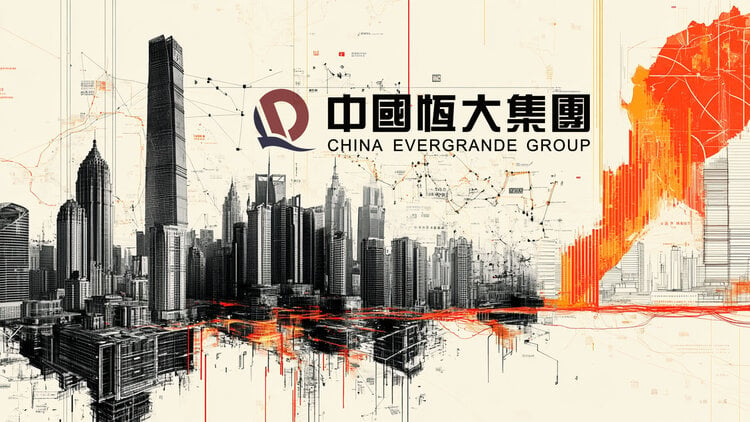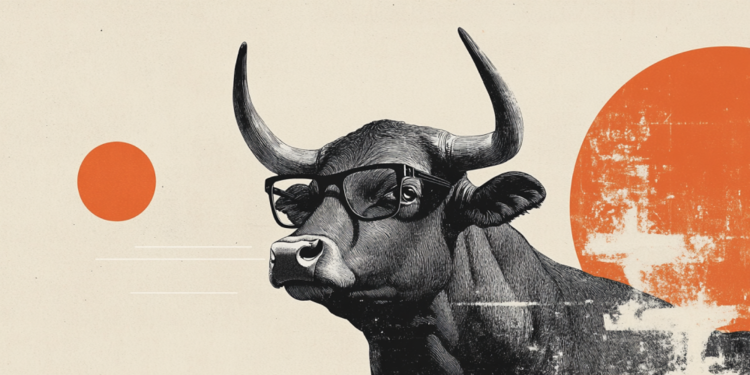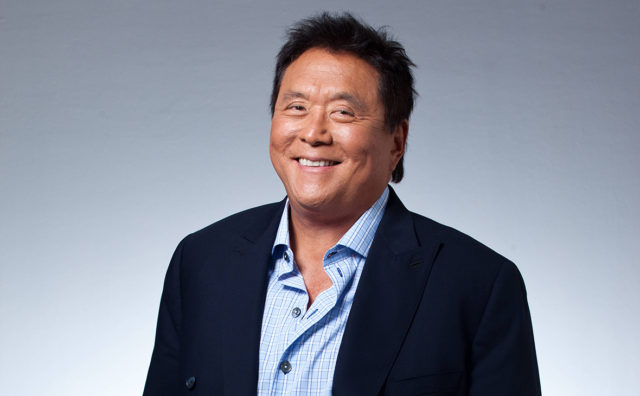Libya returned to the spotlight last week when it announced that it was pumping one million less barrels of oil than last year.
This was shocking news for oil-consuming countries that are struggling to seek additional supplies as oil from Russia, the world’s third-largest producer, is under Western sanctions. Any additional barrels from Libya could provide much-needed relief from rising global inflation, analysts say.
The Libyan Oil Ministry told CNN on Wednesday (15) that production had decreased from 1.2 million barrels per day (bpd) last year to 100,000 bpd in June this year. But on Monday (20), the oil minister, Mohamed Oun, told CNN that production has risen to 800,000 barrels a day, saying some fields are back up and running.
Fluctuating production and conflicting narratives around the industry demonstrate the disarray that Libya’s oil sector is in, with little clarity on who really is in control of the country’s most valuable resource. It also highlights the strategic importance of a fragmented country on NATO’s southern flank, where western states are trying to regain a foothold.
US Ambassador to Libya Richard Norland told CNN on Thursday that, due to the political tensions in the country, “there are certain parties that seek to obtain advantages by misrepresenting the numbers of oil production”. Previous figures provided by the oil ministry were “inaccurate”, he said, adding that “actual production is significantly higher”.
Here’s what you need to know about Libya’s oil:
Why is Libya’s oil important?
The North African nation holds 3% of the world’s proven oil reserves, said Yousef Al Shammari, CEO and head of oil research at CMarkits in London. Although it is a member of the OPEC oil cartel, it is not bound by its production limits due to the political crisis it faces, which means the country can extract and export as much oil as it wants.
Its proximity to Europe means it can easily transport oil by sea over much shorter routes than other producers, and most of its oil is exported to European countries, he said.
What is the biggest obstacle to Libya’s oil production?
Conflicting parties in the country have used oil as leverage as they struggle for power. There is a political stalemate between rival governments in the east and west that has led to armed groups that support the government in the east to take control of oil facilities and close them several times.
The UN-backed Government of National Unity is based in the capital, Tripoli, and is headed by the interim prime minister, Abdulhamid Dbeibeh. In the east, there is a rival government, elected by parliament, led by Fathi Bashaga.
Most of Libya’s oil fields and infrastructure are in the east of the country, where Commander Khalifa Haftar and his Libyan National Army have armed control. He is an ally of the Bashaga government.
Who is responsible for oil production?
On paper, the National Oil Corporation, based in Tripoli, is the entity in charge of controlling the production and marketing of the country’s oil abroad.
Warring parties in the east and west have been trying to take control of the National Oil Corporation since 2014, but the sector is overseen by oil minister Mohammed Oun, who belongs to the UN-backed government in the west.
But, according to Libyan analyst Jalel Harchaoui, his influence is weak, and he is locked in a power struggle with the National Oil Corporation, which “has been making great efforts” to maximize production.
THE CNN was unable to contact the National Oil Corporation for comment.
On the ground, however, commander Khalifa Haftar, based in the east, is largely in control, says Harchaoui. Armed brigades under his command stopped production several times.

What is the role of foreign parties?
Oil Minister Oun has blamed foreign powers with conflicting interests for Libya’s political crisis. “There needs to be an agreement between them on the best forms of a mechanism to get Libya out of this crisis,” he told CNN .
Haftar has been supported by Egypt, the United Arab Emirates and Russia.
The Wagner Group, a Russian private military contractor, entered Libya in 2019 in what the UN found was an effort to support Haftar and his Libyan National Army. This mobilized several hundred Russian officials around the biggest oil fields, experts say.
In 2020, at the height of its involvement, the Wagner Group took control of the Sharara oil field, one of the largest in Libya. The seizure of the field also helped Haftar maintain a blockade on oil exports. The presence of Russian personnel gives Moscow the ability to interrupt Libya’s oil supplies if it so chooses, Harchaoui said.
Norland, the US ambassador, said a drop in Libyan production “certainly serves Russian interests and Moscow undoubtedly supports it”, but he attributed the current disruptions to “Libyan domestic factors”.
Is oil driving the West back to Libya?
Earlier this month, the UK embassy reopened in Tripoli, and in March, the US proposed a mechanism to oversee Libyan oil revenues to resolve the political crisis that is bringing production to a halt.
Approval of the mechanism at the political level has yet to happen, but Libyan parties have agreed in principle on “certain priority spending areas”, said Norland, who resides in Tunisia.
Asked whether the US trusts the UN-backed government to bring back stable production, Norland said that “no political entity exercises sovereign control over the entire territory of Libya and that includes the oil fields”.
Source: CNN Brasil
I’m James Harper, a highly experienced and accomplished news writer for World Stock Market. I have been writing in the Politics section of the website for over five years, providing readers with up-to-date and insightful information about current events in politics. My work is widely read and respected by many industry professionals as well as laymen.







